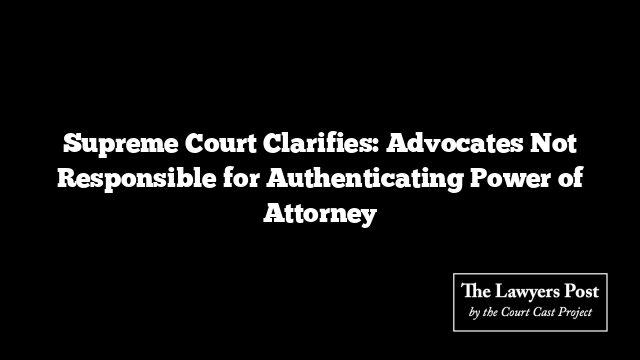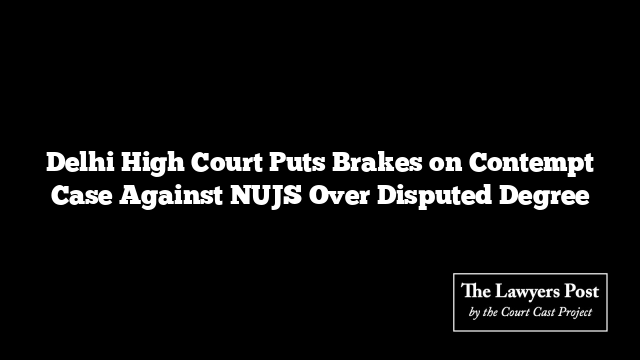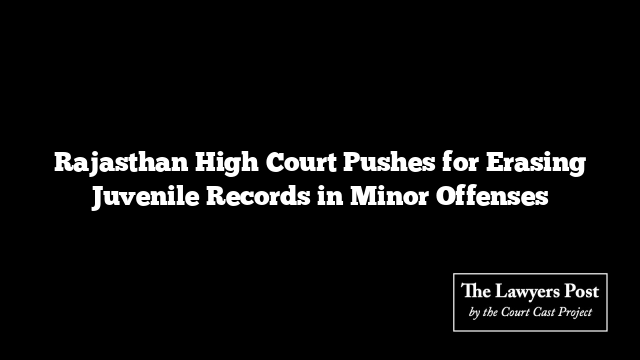The Supreme Court has ruled that advocates are not obligated to verify the authenticity of a power of attorney presented by a litigant unless there is a reasonable suspicion of forgery.
A bench comprising Justices AS Oka and Ujjal Bhuyan emphasized that when a litigant claims to hold a power of attorney and provides an original document to an advocate, the legal representative is entitled to rely on it without conducting independent verification. The court asserted that advocates cannot be held liable solely for acting on such documents unless there is a clear reason to doubt their legitimacy.
The ruling came in response to an advocate’s plea for discharge from a criminal case involving allegations of forgery and cheating. The case revolved around a disputed power of attorney allegedly used in a tenancy dispute. The court ultimately found no grounds to proceed against the advocate and granted relief.
However, the bench clarified that the decision pertained only to the advocate’s role and did not comment on the allegations against the other individuals involved in the case.





